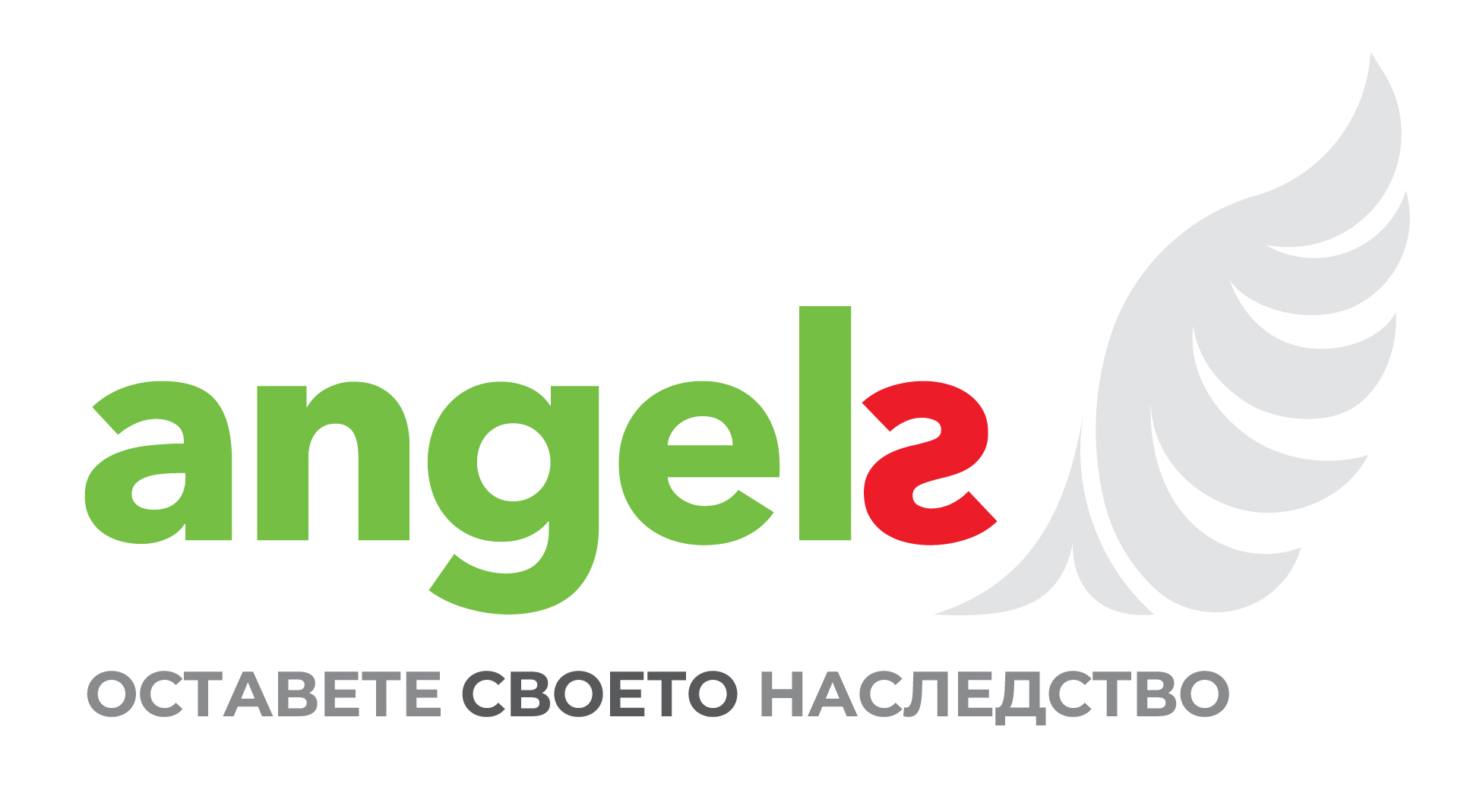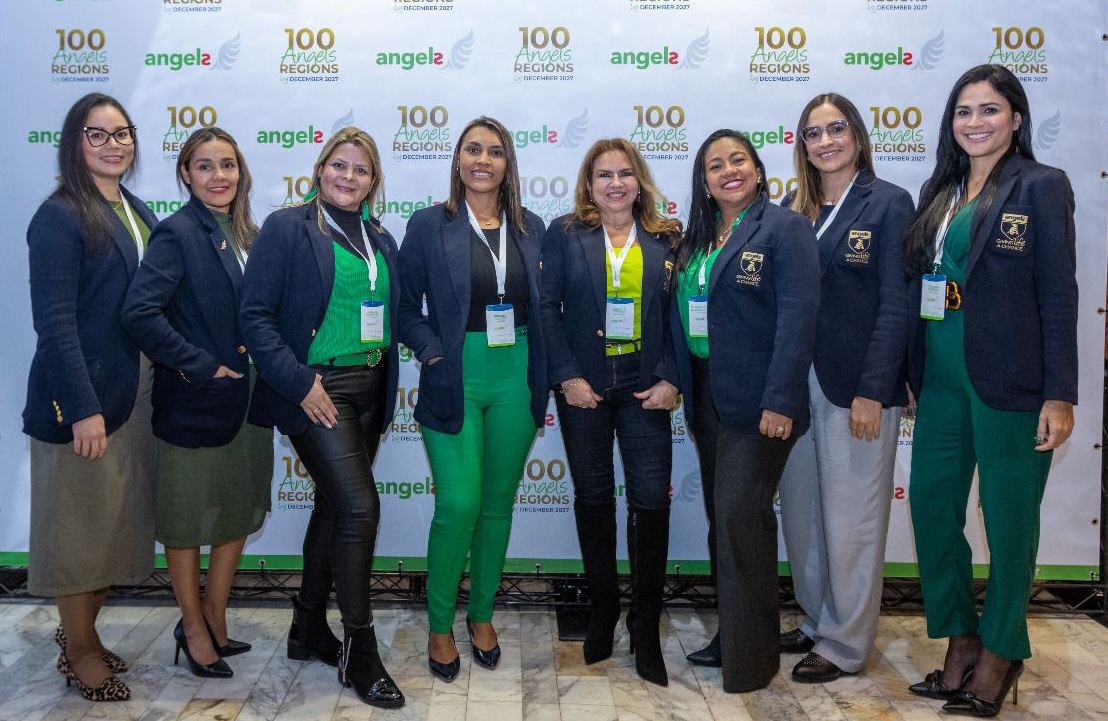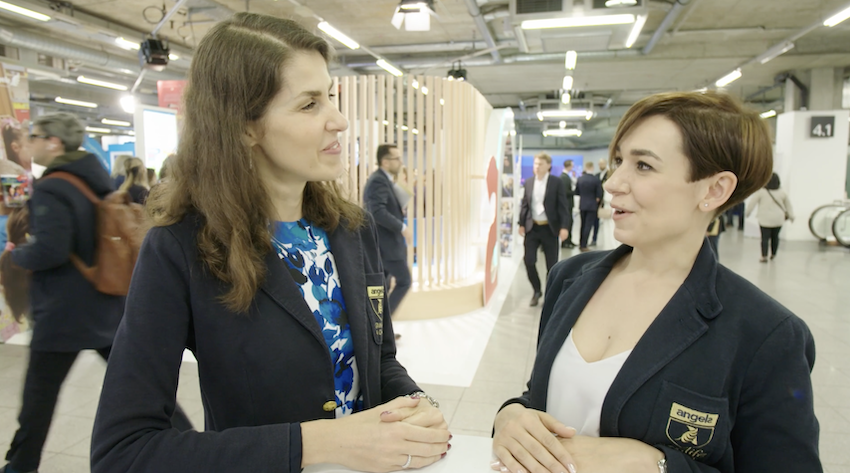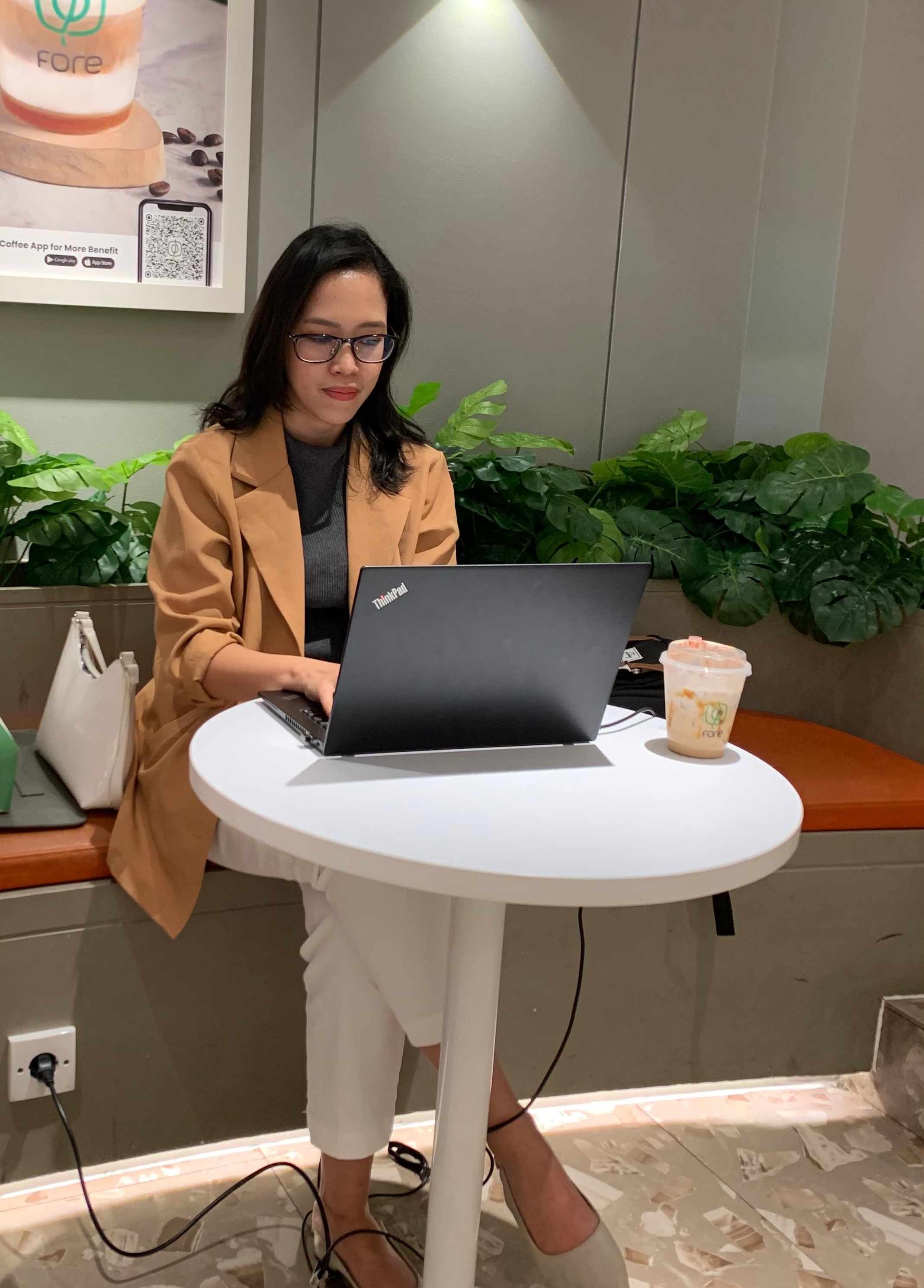
През 2017 г. посетих първия си пациент след завършване на медицинското училище. Жена на средна възраст е доведена в спешното отделение на болница в Баликпапан в Източен Калимантан, след като е получила инсулт в лявото полукълбо. Синът й, изглеждайки блед и объркан, се опитва да остане спокоен, докато гледа как майка му получава грижи. Все още е в гимназията и баща му вече е починал.
Бях общопрактикуващ лекар по онова време, страстен. Мечтата ми от детството беше да стана лекар, за да мога да лекувам родителите си, ако някога се разболеят. Сега често прекарвам повече от 20 минути в разговори с моите пациенти и научаване за тях. Твърдо вярвах, че обучението на пациентите за техните състояния, стратегии за управление, хранителни навици и рутинни упражнения е от съществено значение за тях, за да водят по-дълъг и по-здравословен живот.
През 2020 г. съпругът ми и аз бяхме благословени със син и с началото на COVID-19 избрах да си почина от практиката си, за да предпазя детето си от вируса. След около девет месеца знаех, че все още искам да бъда лекар, затова се преместих на 1600 км от Баликпапан на източния бряг на Борнео в Бандунг на остров Ява, за да замина за резиденция по неврология.
Неврологията за мен е най-сложната и същевременно най-красивата система в нашето тяло. Винаги ми е напомняло за славата на нашия Създател всеки път, когато науча за това.
Работих като научен асистент в отделение по неврология в университета Padjadjaran в Бандунг, за да изградя мрежи и да придобия опит. Допринесох за клинични изпитвания, които се фокусираха върху картографирането на причините за невроинфекциозните случаи в Индонезия, за да се подобрят подходите и леченията на невролозите.
След две години най-накрая направих теста. Но когато разгледах уебсайта за приеми в деня, в който бяха обявени резултатите, открих, че не съм приет.
Чувствах се зле за няколко дни, но след това ми се появи друга възможност. Това беше с голяма компания за наука за живота, държавно предприятие в Индонезия, където моята роля беше да предоставя научни прегледи на нови продукти за науката за живота, които биха могли да бъдат въведени в страната и как те биха могли да подобрят качество на живот.
Тук осъзнах визията си: за осигуряване на най-добрата грижа и лечение за нуждаещи се пациенти.
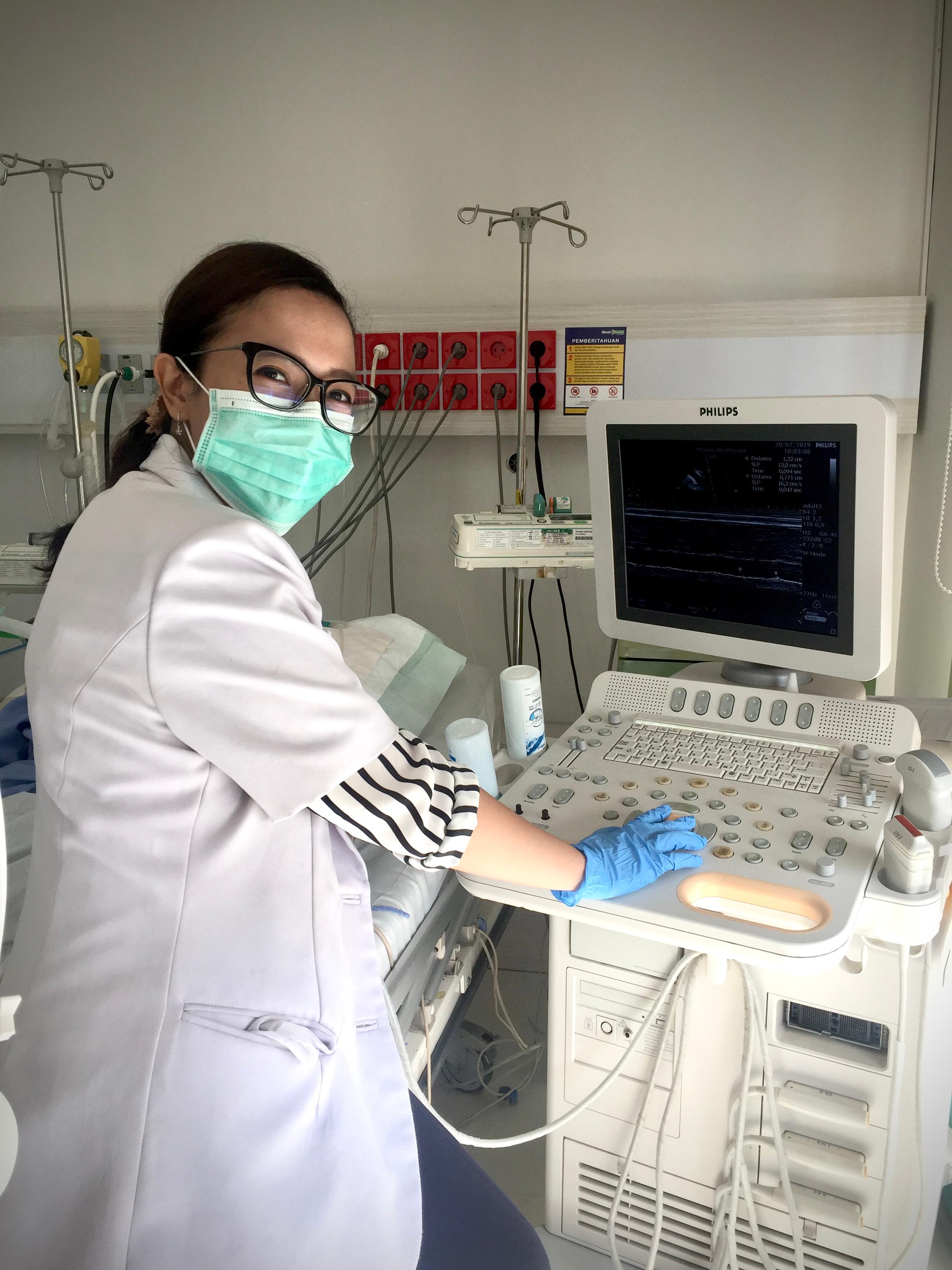
Търсех обаче нещо повече, нещо различно. А в 13 ноември 2023, в деня, в който навърших 31, просто небрежно превъртах в LinkedIn, когато го намерих. Длъжността беше специалист по достъп до пазара, но описанието привлече цялото ми внимание: „На всеки 30 минути пациент с инсулт, който е можел да бъде спасен, умира или е трайно инвалидизиран, защото е бил лекуван в грешната болница. Нашата мисия е ясна. Да се увеличи броят на пациентите, лекувани в болници с готовност за лечение на инсулт, и да се оптимизира качеството на лечението във всички съществуващи центрове за лечение на инсулт.“
Препратих обявата за работа на Уилсън, като казах: „Бабо, тази работа е твърде готина! Кандидатствам за това, добре!“
Поглеждайки назад, за мен е ясно, че това не е просто съвпадение; то се чувстваше като съдба. Дотогава с Уилсън имахме брак на дълги разстояния от три години, като се виждахме само около една седмица на всеки три до четири месеца. Той е геолог и трябва да е близо до обекта, когато се пробива нова сонда. Винаги, когато трябваше да си тръгне, синът ни плачеше.
Тази нова позиция не само ми позволи да се върна в Баликпапан, за да бъда със съпруга си; това беше роля, в която вярвах, че мога да направя по-голямо въздействие върху обществото. Въпреки че в крайна сметка не бях преследвал кариера в медицинската си професия, знаех, че всичко, което научих и преживях, няма да се пропилее.
Получих топло посрещане от моя екип в деня, в който се присъединих към „Ангели“. Те ме изведоха на обяд и много бързо ме накараха да се почувствам част от забележителен екип.
През първата ми седмица завърших обучението за нов консултант Pathway на уебсайта на „Ангели“. Бях изумен от това колко добре подготвени бяха курсовете и колко изчерпателни са материалите, предназначени да улеснят прехода ни към консултант на „Ангели“.
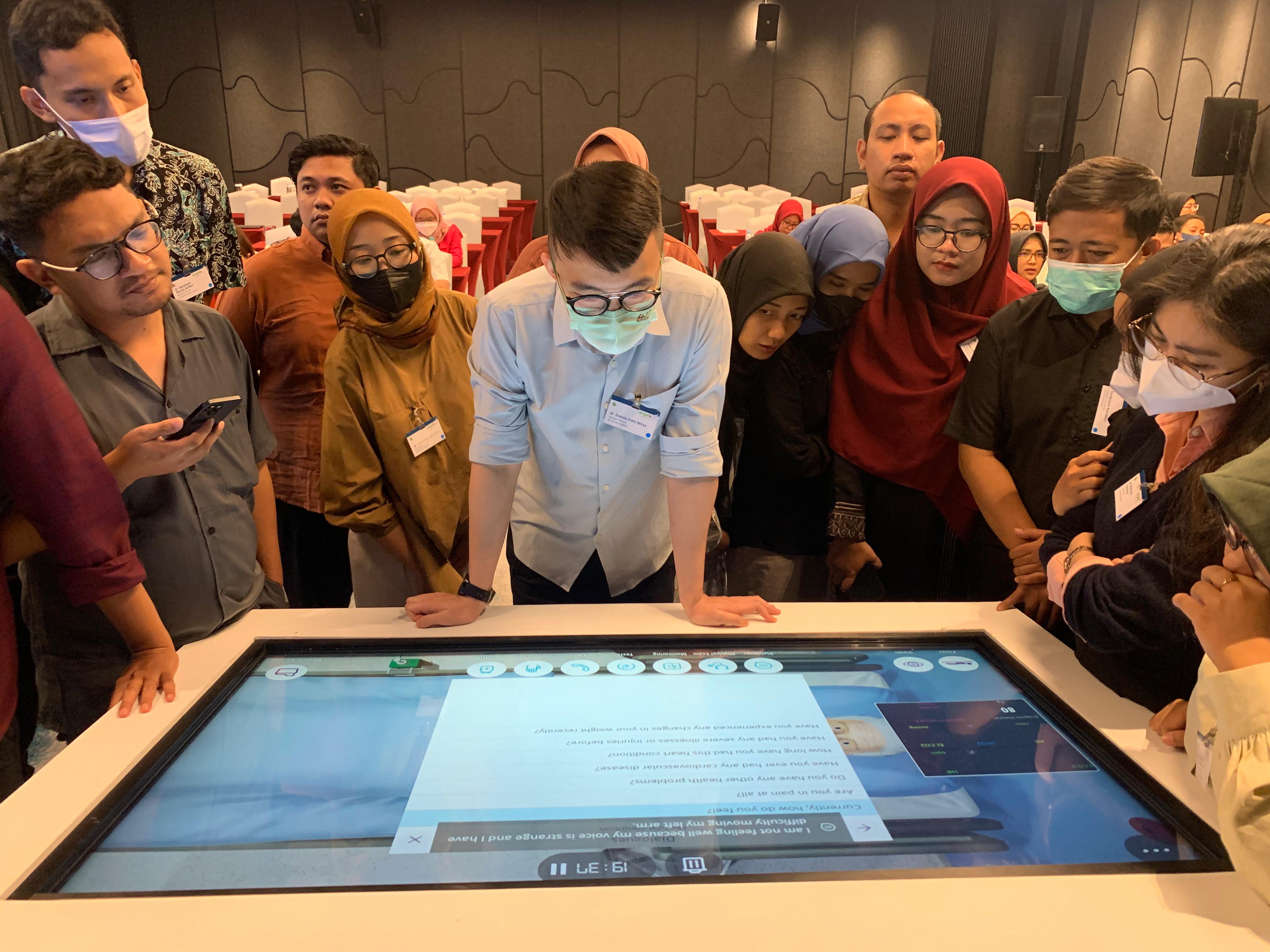
През втората ми седмица имах възможност да участвам в семинар за кодово лечение на инсулт за една от най-големите частни болнични вериги в Индонезия, групата Hermina. Осъзнах, че обучението е насочено основно към болничния екип, но се оказах, че си водя бележки и научавам толкова много от всички говорители.
По-късно имах възможност да се срещна с неврошампион от наградена с диамант болница в Джакарта. Д-р Питър Гунаван от болница Силоам Джакарта (TB Simatupang) щедро сподели прозрения за техния успех и за важността на екипната подкрепа. Той с ентусиазъм обясни, че когато се активира кодовият инсулт, всички са нащрек. Аптечният екип незабавно доставя торбичката за инсулт в зоната на КТ сканиране и рентгенологът гарантира, че скенерът за КТ работи и е готов.
Д-р Гунаван също така описва протокола за лечение на пациенти на КТ сканирането, което те започнаха миналата година. Преди това те лекуваха пациенти в спешното отделение, но лечението при КТ им позволи да намалят повече времето от вратата до иглата. Всъщност те са публикували статия за извършването на тромболиза в ER спрямо в залата за КТ сканиране и е имало значителна разлика в резултатите!
Определено ще споделя този опит с други болници, с които си сътруднича, особено с тези, които се колебаят да прилагат лечение в залата за КТ сканиране, подчертавайки, че всяка секунда е от решаващо значение. Също така ще споделя информация за мониторинга на качеството, на който се натъкнах в хода на обучението ми за нови консултанти – че не можете да подобрите нещо, което не измервате.
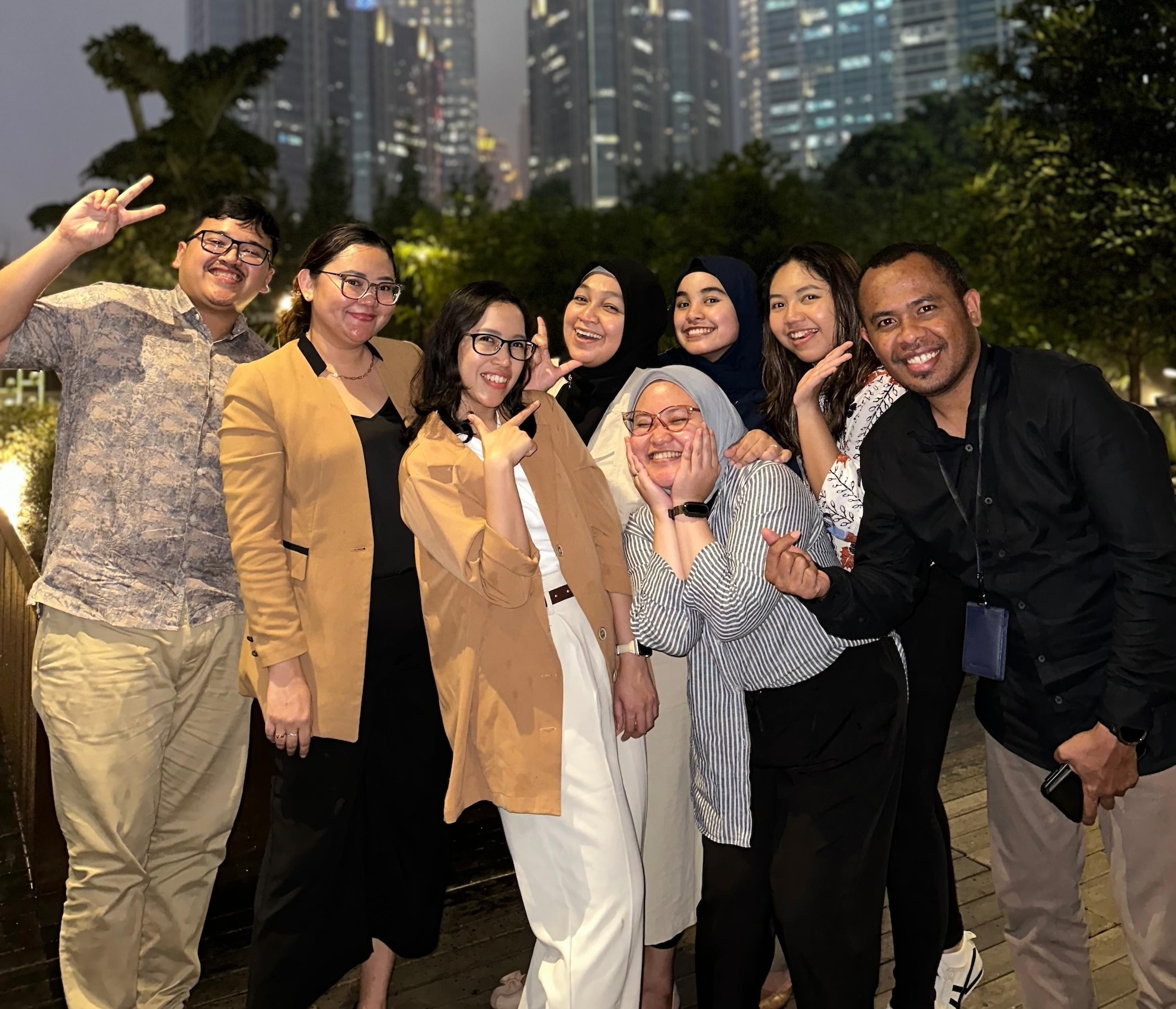
Вече научих някои неща за себе си в новата си роля. Знам, че съм екстроверт, но открих, че обичам да работя от вкъщи повече, отколкото от офис, защото мога да работя със собствено темпо и да си почивам, когато трябва.
Също така намирам способността си да правя малки разговори с непознати неочаквано полезни – като времето, когато започнах разговор с колега пътник по време на полет и открих, че е старши невролог в Баликпапан, който по-късно ми помогна да се свържа с други невролози в района.
Знам, че ангажирането с болници и техния персонал може да бъде предизвикателство и че може да срещна съпротива или скептицизъм. Но има една поговорка: „Водата може да изтощи камъка, капка по капка“. Така работи и ще го прилагам винаги, когато се изправя пред предизвикателства.
В крайна сметка съм благодарен и за мен е чест да бъда част от екипа на „Ангели“ и да се стремя заедно да дам шанс на живота.
